Blenheim Palace's lost ballroom, theatre and chambers seen for the first time in 250 years
Recent work has meant that chambers unseen for 250 years have emerged from the murky underwater depths at Blenheim Palace, the birthplace of Sir Winston Churchill. Annunciata Elwes reports.
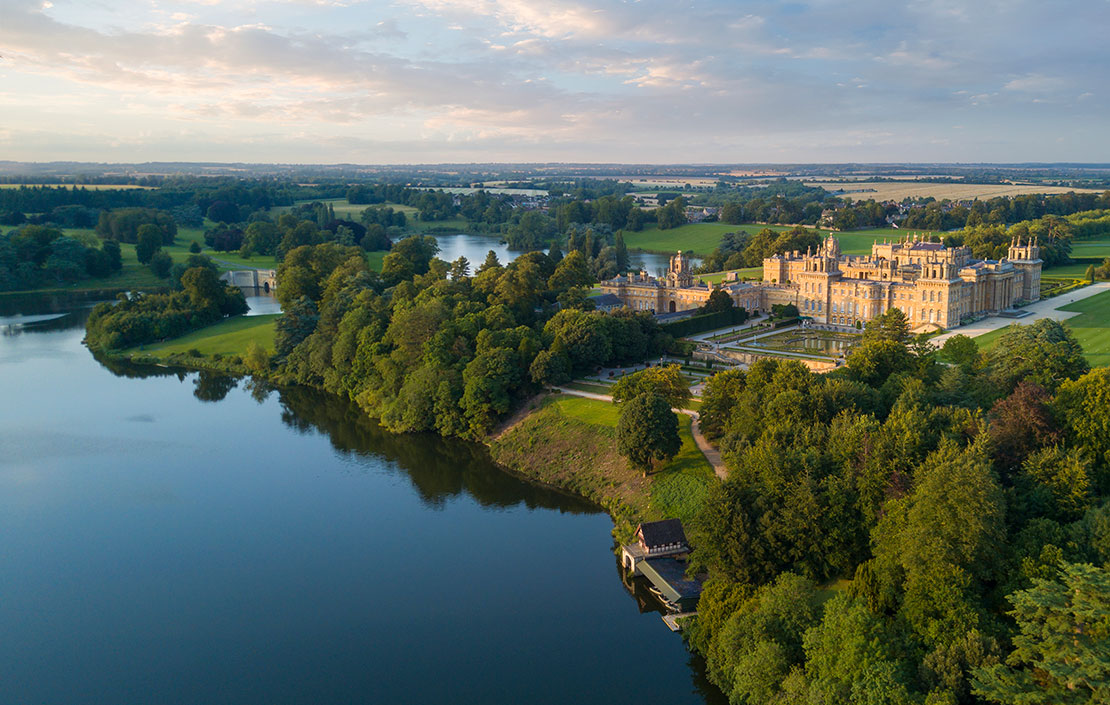

The lower rooms of Sir John Vanbrugh’s famous Grand Bridge at Blenheim Palace, Oxfordshire, have recently emerged, albeit temporarily, from murky underwater depths for the first time in 250 years. Capability Brown flooded them in the 1760s when he created the 40-acre lake, forming what Lord Randolph Churchill (father of Winston) dubbed ‘the finest view in England’.
Findings in the ‘habitable viaduct’, which contains a ballroom, theatre and various other rooms complete with fireplaces, include 18th-century graffiti, sunken boats used for reed cutting in the 1950s, original plasterwork, stairways and what is possibly a cooking range.
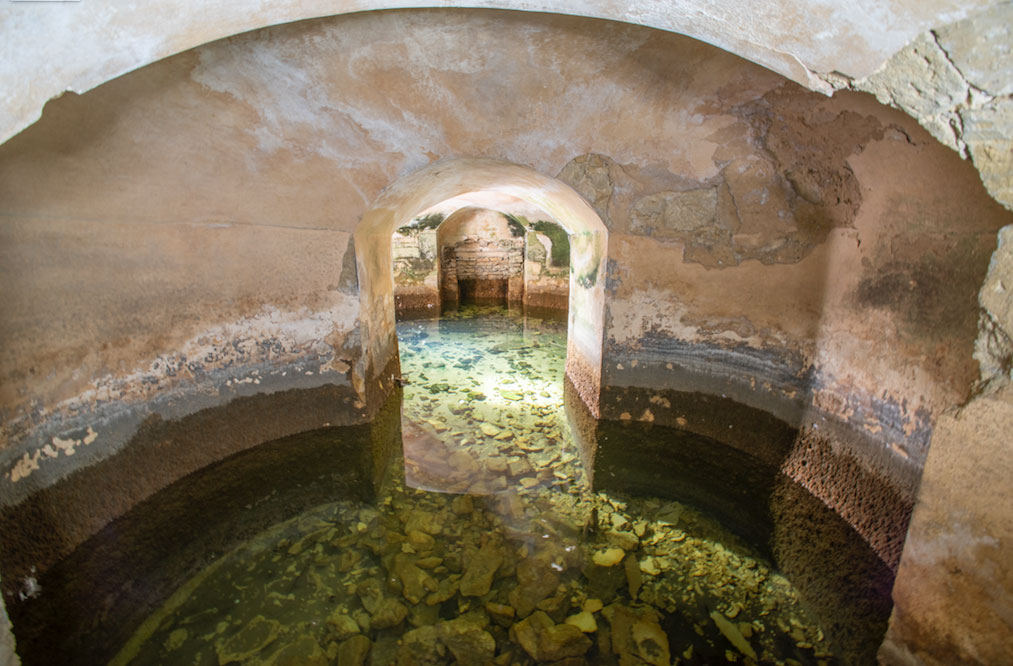
The work is part of a £12 million, 10-year restoration project of the landscape and lakes; some 400,000 tonnes of silt must be removed to protect the Grade I-listed, 120m-long Grand Bridge, which has a 30-metre-wide central arch flanked by smaller arches and four corner towers.
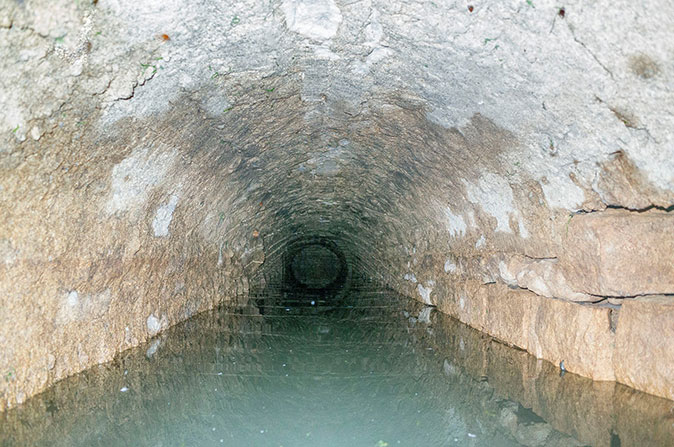
Blenheim, now a UNESCO World Heritage Site, was built as a gift for Gen John Churchill, 1st Duke of Marlborough, in honour of his victory over the French in the War of the Spanish Succession, particularly at the Battle of Blenheim (1704), from Queen Anne and the nation. As the ancestral home of the Dukes of Marlborough, it is the birthplace of Sir Winston Churchill and, in the 19th century, was saved from ruin by the 9th Duke’s famously unhappy marriage to American railroad heiress Consuelo Vanderbilt.
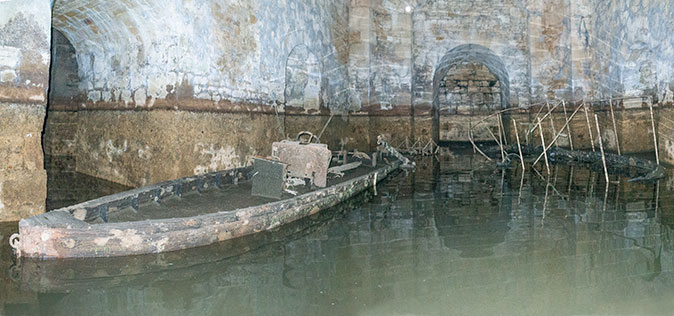
In the English Baroque style, it is often called Vanbrugh’s masterpiece, an architect whose ambitions plans and escalating costs caused Sarah, the 1st Duchess of Marlborough, so much annoyance that he was later banned from setting foot on the estate.
Originally, Vanbrugh’s Bridge contained 33 chambers; one large room was described sarcastically by the Duchess in 1716 as ‘for a ball if there were occasion’ and others included a bathing place and a boat house.

‘The dredging of Queen’s Pool and the repairs to the Grand Bridge are not only our greatest challenge to date but also mark some of the most ambitious stonework and dredging projects ever attempted in the UK,’ says Blenheim’s Head of Estates Roy Cox.
Exquisite houses, the beauty of Nature, and how to get the most from your life, straight to your inbox.
‘If all goes according to schedule this initial investigation will enable us to draw up detailed plans for the main work, which is likely to begin towards the end of this year and into 2020.’
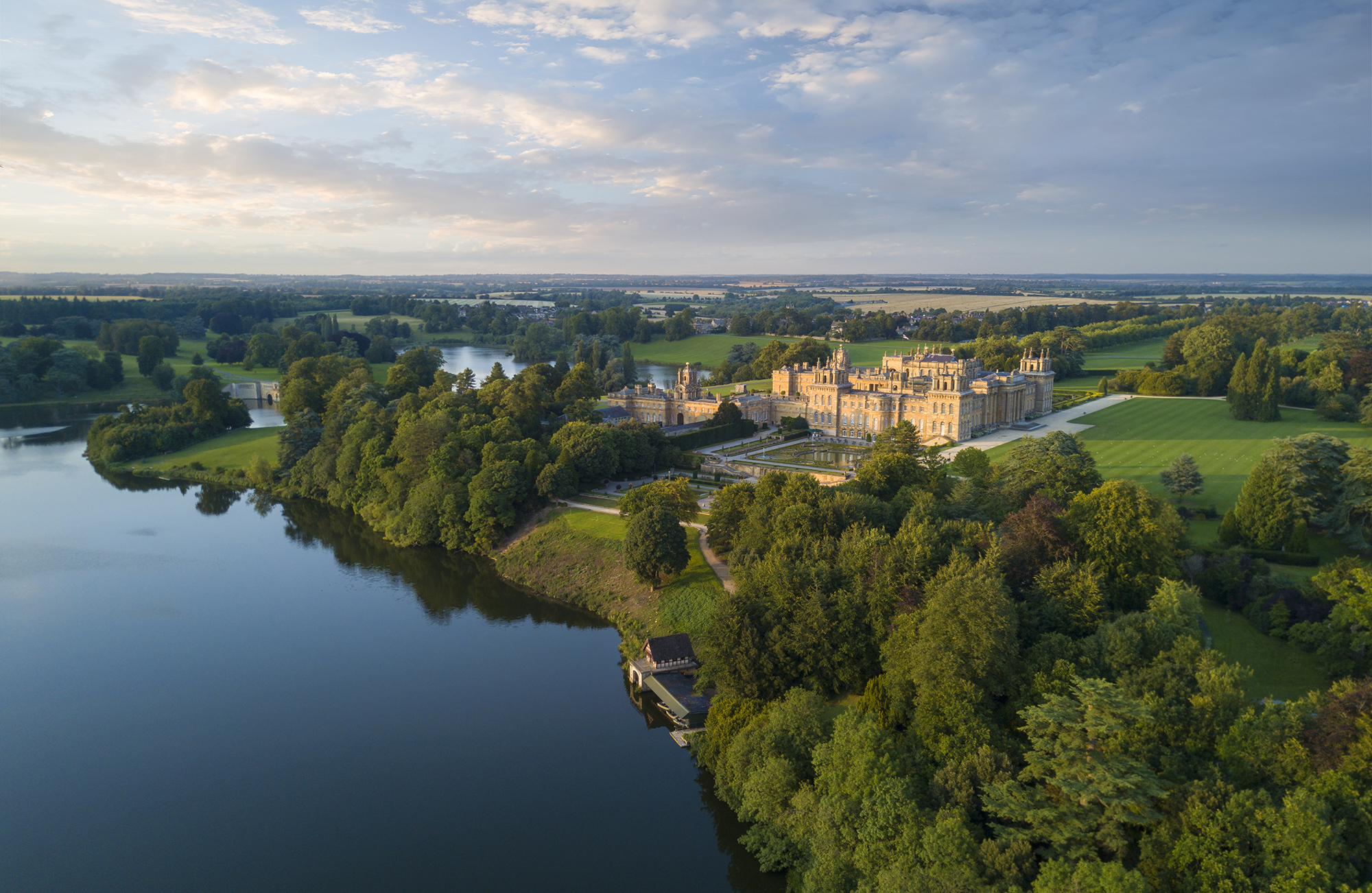
Five things you didn't know about Blenheim Palace, from helping with royal adulterers to its unique role in equal rights
Blenheim Palace, the Duke and Duchess of Marlborough's Oxfordshire home, is one of the most famous country houses on the
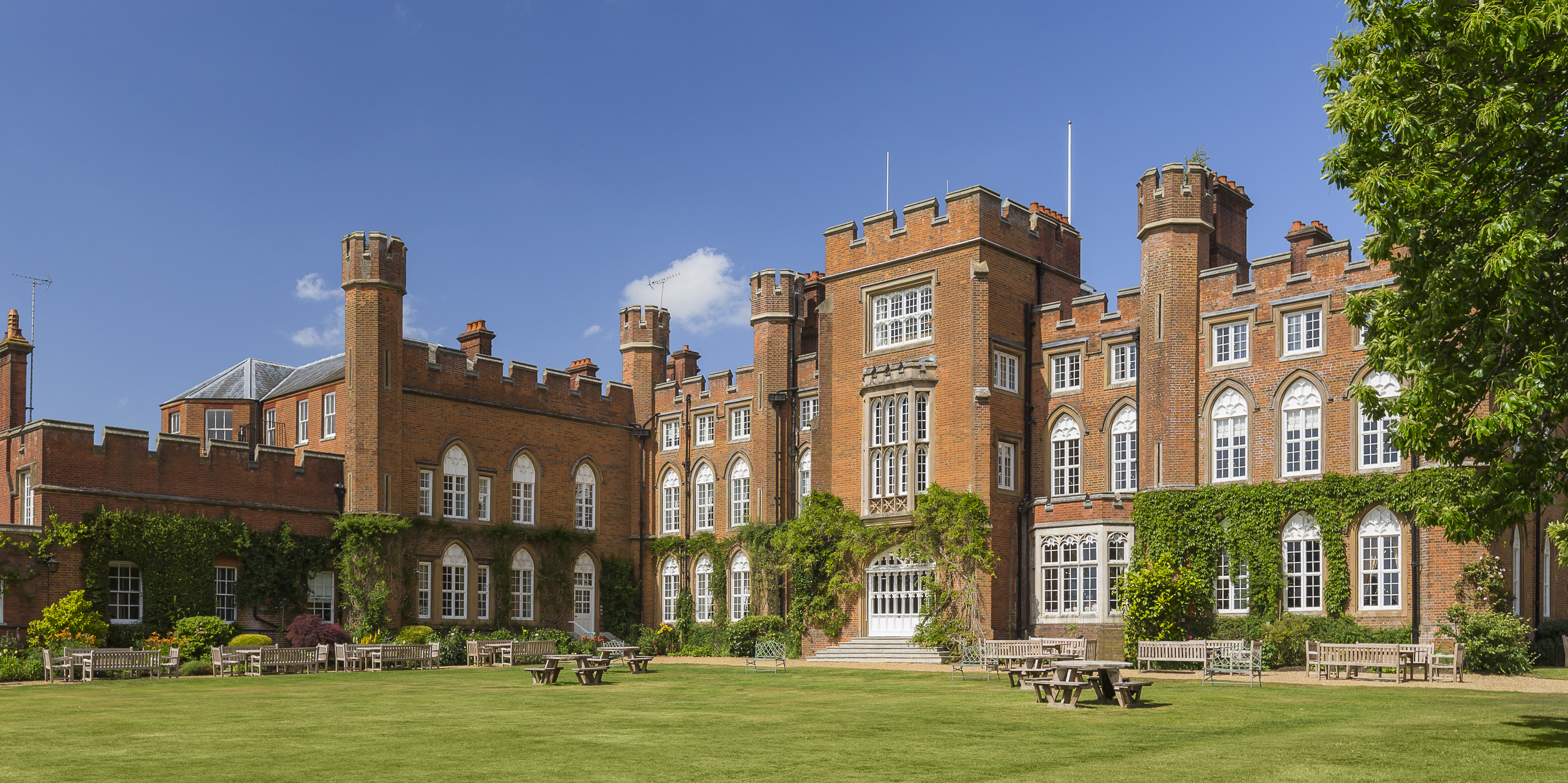
Cumberland Lodge: The 17th century marvel 'a thousand times more agreeable than Blenheim'
This year, a remarkable educational foundation in a spectacular parkland setting celebrates its 70th anniversary. John Goodall considers the history
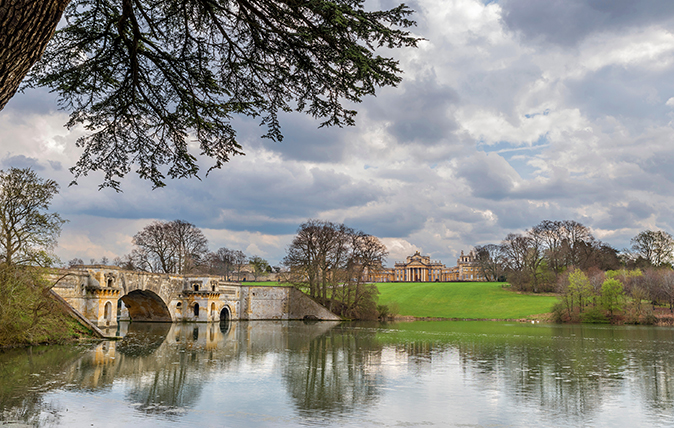
Will 1,000 new homes make or break the town of Woodstock?
Forget peace and love: the town of Woodstock (the British version, naturally) is set to become the nucleus of more
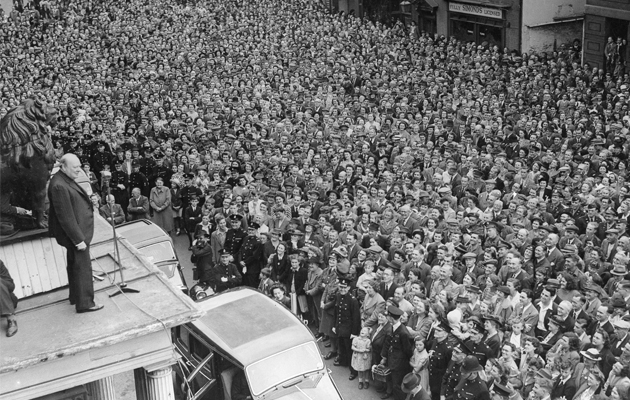
6 famous rhetorical devices used by Winston Churchill
We reveal 6 of his most famous flourishes.
Annunciata is director of contemporary art gallery TIN MAN ART and an award-winning journalist specialising in art, culture and property. Previously, she was Country Life’s News & Property Editor. Before that, she worked at The Sunday Times Travel Magazine, researched for a historical biographer and co-founded a literary, art and music festival in Oxfordshire. Lancashire-born, she lives in Hampshire with a husband, two daughters and a mischievous pug.
-
 Fancy a date at the Tate? London galleries are staying open later to fuel surging Gen Z interest
Fancy a date at the Tate? London galleries are staying open later to fuel surging Gen Z interestTate Modern, the home of contemporary art in London, has announced that they will open until 9pm on Friday and Saturday nights — after a recent surge in younger visitors.
-
 Hold your horses: Country Life's Quiz of the Day, July 28, 2025
Hold your horses: Country Life's Quiz of the Day, July 28, 2025Test your knowledge of playwrights, capitals and all things equine, in today's Quiz of the Day.
